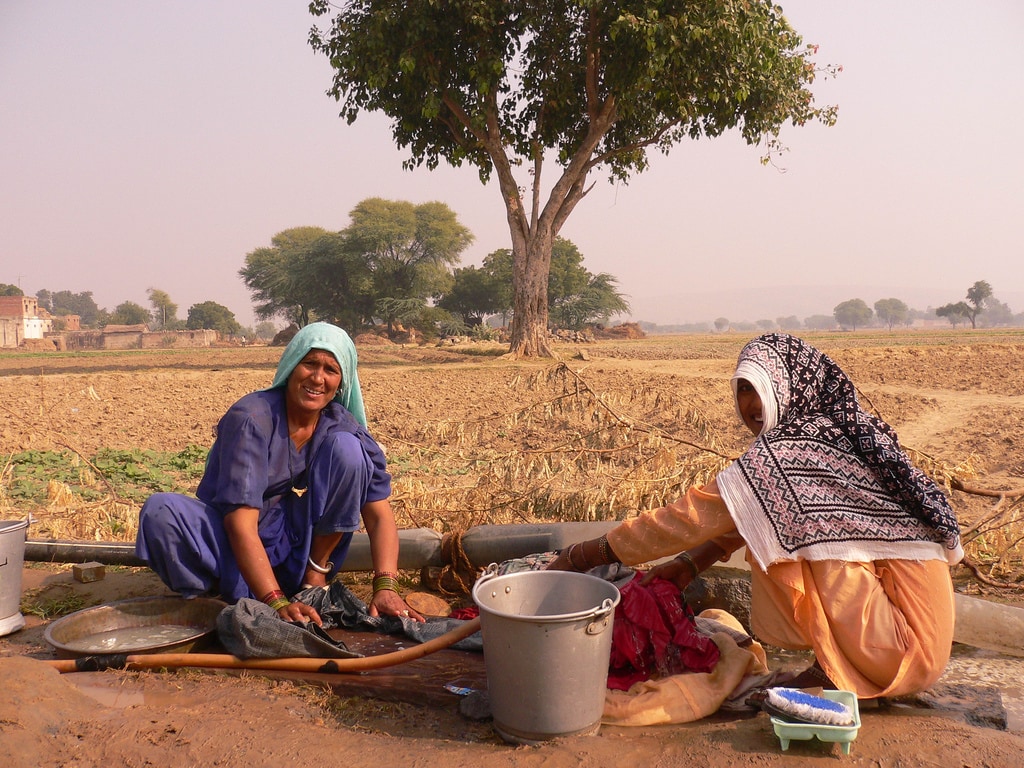Why Women Have the Solutions to Climate Change

According to Yannick Glemarec, deputy executive direct of United Nations Women, and mirroring what WEA has seen in our own work in South Asia and Sub-Saharan Africa, “Women are the first to be affected by climate change in every single country in the world.” Furthermore, women in so-called developing countries are hit the hardest.
As primary caregivers, many women in poorer countries are responsible for trekking miles to collect water and fuel. When climate change depletes water, women notice first. Water is a climate change issue, and climate change is a women’s issue…
As climate change puts pressure on natural resources, fresh water is becoming scarcer, food prices are increasing, and infectious illnesses like the Zika virus are on the rise. Worldwide, women tend to be poorer than their male counterparts and have less representation in policymaking. All this means they are the first to be affected by climate change and the last to be heard on how to combat it.
But even as women are typically the most vulnerable to the impacts of climate change and the ripple effect that causes (e.g. natural disasters, food and water scarcity, etc.), they are also the ones best positions to develop and implement solutions.
Read more about how this informs our work and what we do about it, and read the full article, “Why Fixing Climate Change is Women’s Work” over at Yes! Magazine.
